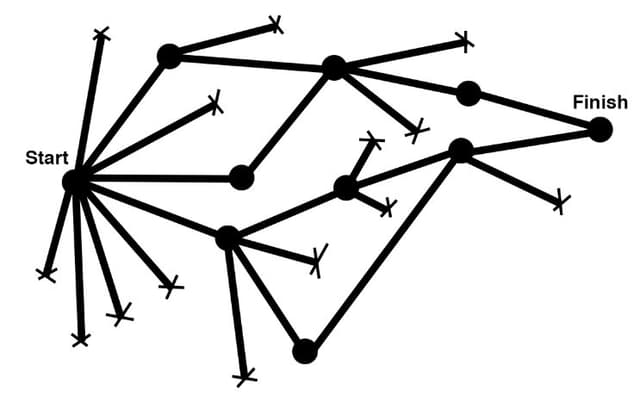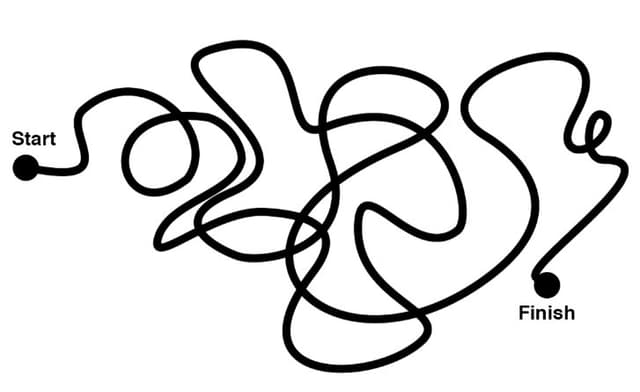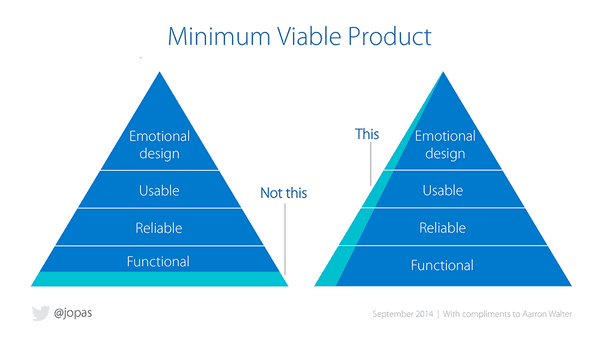🧵 View Thread
🧵 Thread (16 tweets)

Two of the most addictive yet engaging games I’ve played were both made by Firaxis games - Civilisation V and XCOM 2. “Eh, just one more turn” -> “damn, it’s 5am” https://t.co/CBh1UZqTL3


They use the same trick in both games - you have multiple projects going on at the same time, each taking some number of turns to progress to the next step. When you’re done with one, another different one is just around the corner https://t.co/XoiKH1CG4x


By having you switching between projects (getting intel, researching upgrades on multiple fronts, building/recruiting units), they ensure you never get bored or burned out - there’s always something new and different to do, a different front to progress on

Of all the games I’ve played, Firaxis’ games come the closest to emulating what it’s like to actually run a business - multiple things competing for your attention, sometimes unexpected fires you have to fight, having to prop up multiple things to progress on your goal(s) https://t.co/HxvLX5zfqk


The clever thing the games do is, they don’t seem to ask you for too much. Any given turn could theoretically take just a couple of minutes and you could make satisfying progress towards your goal in that time. But then now you’re a turn closer to the next sub-goal...

It’s interesting then to juxtapose the ease with which Firaxis puts you in a state of flow... with the general frustration of task/project management in everyday life. Are there insights that translate? I feel like there must be. (Used to wanna write essays about this stuff)

The biggest difference between a game that someone else designed for us to play and our daily life is *structure*. Life is very vague and open ended, which makes it potentially ultra-interesting but in practice often dull and frustrating. Because we don’t see the structure

Too often we meander aimlessly (left) instead of having a structured process (right) We spend lots of time and energy and don’t feel like we’re getting anywhere, and we don’t know what the rewards are, or if we’ll get them at all https://t.co/EfEZ0z7YHq

I think about these two pictures from @joulee a lot – very succinct and powerful way of describing how professional creatives have a more structured process, and how that isn't necessarily limiting – you actually get to try more things this way https://t.co/XUA8zUZBMb



Of course, if life is OVERLY structured then it gets boring too. Play XCOM2 or Civ 5 and you’ll notice how the structure is loose and open-ended - you don’t have to follow a particular formula, but you can quickly see the unique potential paths stemming from your choices

I’m also reminded of what flow is like when learning music, or cooking. In music, you can learn rhythms, scales, chords, harmonies. You can dive into specific genres, or ignore all that and instead experiment with a particular instrument. Your journey shapes your style and output

Most critically, you *don’t* have to follow some sort of curriculum. You can spend a lifetime refusing to listen to Bach and be fascinated by reggae instead, or you can follow your ears & unearth the history of jazz with curious fingertips. Or loop yourself into a trance!

I think what I know from games and from music (& cooking, even) is that you have to pursue your bliss. You have to find something you’re excited abt that’s just a little out of reach, and delight in the stretching. This is oddly counterintuitive (probably because school sucks 😂)

Games are designed to be fun. This can be quite a radical thing, in a world that looks so much like it was designed by prison architects. But almost everything can be fun if we let it. Music, cooking, marriage, writing. Even Twitter can be fun if you find the right frame 😂

“How can I have the most amount of fun without spending too much time and effort” can seem like a naughty, cheating question to ask, but if you approach it with the right spirit it’s actually very powerful https://t.co/XGrkk1VuY2

Speaking of frames. Good games. books, movies, twitter threads, etc are all fun because you get to enjoy someone else’s frame. But the most fun, in my experience, is to be had in using all of that to help develop your own https://t.co/sgCP1g6ieF

So here’s how I think I think about it: a book is a sort of prosthetic. A book is a frame, put together by an author and her support team, a specific window, a specific lens, a particular way of seeing. The book is FOCUSING *FOR* YOU. Am I making sense? https://t.co/YJEjlgDuQr


nice xcom thread https://t.co/QpZ58UOrBA
